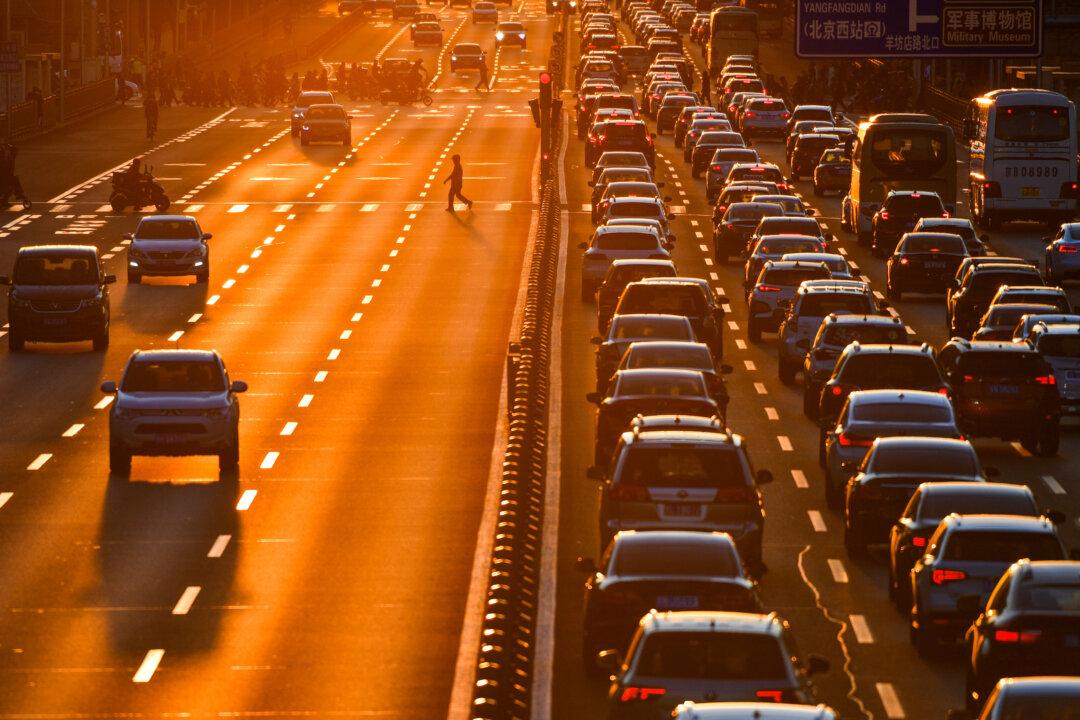BEIJING—China announced a series of measures on June 6 to revive slumping car sales, but failed to meet market expectations as it included no plans to relax controls over the issuance of new licenses for traditional-fuel cars in major cities.
Beijing has been trying to boost consumption of goods ranging from eco-friendly appliances to big-ticket items such as cars to fire up growth, as the world’s second-largest economy is expected to slow further in 2019 amid a bruising trade war with the United States.





